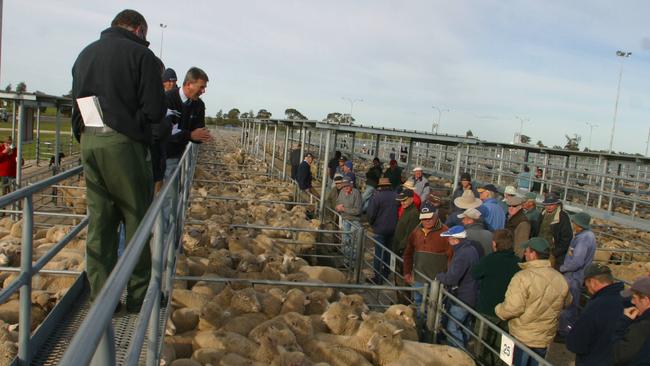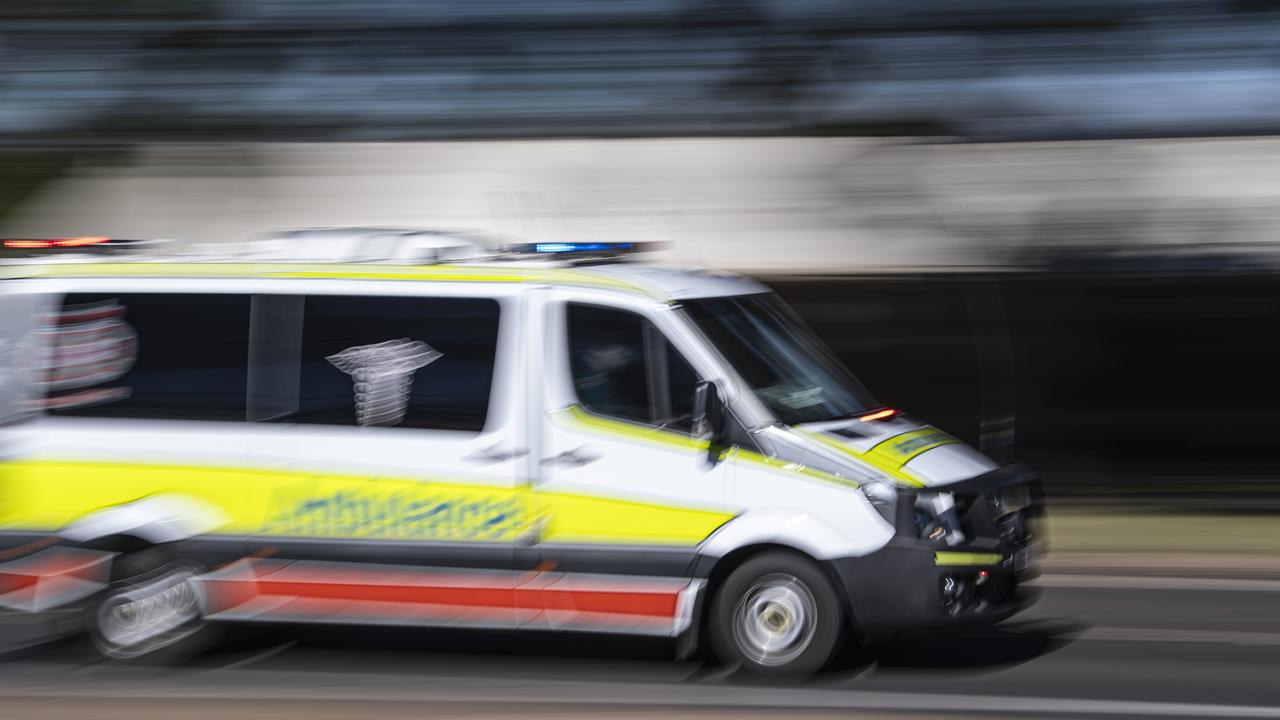Saleyards brace for virus sting
UPDATE: Keeping saleyards up and running in the face of the coronavirus outbreak will prove essential in securing Australia’s food supply, one industry expert has said.

KEEPING livestock saleyards open and operating in coming weeks will prove essential in securing Australia’s food supply, according to one industry expert.
It comes as the agricultural sector braces for the impact of coronavirus, with uncertainty over whether livestock sales will be suspended or closed to the general public.
Australian Livestock and Property Agents Association chief executive Peter Baldwin has urged agents and operators to work together to help secure the nation’s food supply.
“There is such a strong human side to this, the health and wellbeing of people is important. And livelihoods too, you have to think of the producer at one end and the consumer at the other end. We have to have respect for each other,” Mr Baldwin said.
While ALPA does not have the authority to close or implement changes to saleyards across the country, Mr Baldwin said the association was working closely with agents and operators to implement best practice to protect communities.
“We understand the significance of agriculture to the nation, and believe the operation of livestock sales are essential and critical,” Mr Baldwin said.
Horsham and Ouyen saleyards announced restrictions regarding who could attend livestock sales this week.
The Weekly Times asked a number of saleyards, including Ballarat, Victorian Livestock Exchange, and the Western Victoria Livestock Exchange, whether scheduled sales for this week would continue.
At present, sales will continue as normal.
Australian Livestock Saleyards Association executive officer Mark McDonald said meetings had been held on Monday, with most saleyard committees meeting urgently to discuss a coronavirus plan.
“Horsham is probably the first to indicate that provision, limiting sales to essential staff only. That’s one of the suggestions we put forward,” Mr McDonald said.
“Beyond that, whether it gets to a government mandated full lockdown, there will be other industry issues as well. I suspect most will start to move towards restricted access.”
Mr McDonald said there was concern for the greater supply chain if meat processors were to close.
“There’s huge demand at the moment. The concern for us is if saleyards have to close what would happen to the meat industry. Would it stop? What happens to the whole supply chain?”
Meat and Livestock Australia senior analyst Adam Cheetham said the majority of the agricultural sectors, livestock sales included, would most likely follow similar trends to the corporate world when reacting to coronavirus.
“How things will progress is pretty much an unknown in terms of that supply and demand dynamic,” Mr Cheetham said.
Victorian Agriculture Minister Jaclyn Symes said the coronavirus impact on the agricultural sector was “an unprecedented and dynamic situation”.
“Some international supply chains have been disrupted, but the full extent of the impact is not known at this stage,” Ms Symes said.
According to the department, local councils will decide on saleyards operations.


